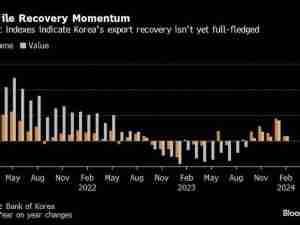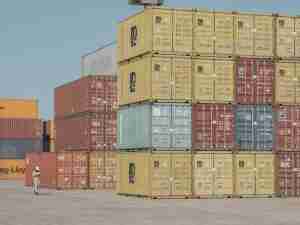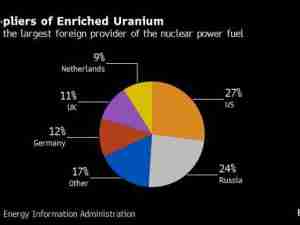Toyota is one of the most well-known manufacturers to build its success on the lean manufacturing principles – a way to do more with less: less human effort, equipment, time and space. They are rooted in the concept of continuous improvement and aim to come ever closer to providing customers exactly what they want, when they want it. DLIGHT, a leading machinery manufacturer in Ukraine, also understands the importance of these principles well.
With support from the EBRD, the European Union, and the United States through the Small Business Impact Fund (SBIF), DLIGHT has been able to implement the principles of continuous improvement, building an efficient manufacturing system with optimised production speed and resource consumption, as well as improved operational control.
From newcomer to leader DLIGHT launched from the garage of its founder Dmitry Lyashenko and began as a producer of special equipment for the forestry industry in 2002.
But in 2018, the company had to change direction to remain sustainable: a crisis in the forestry industry forced it to shift focus to the agricultural industry, which was rapidly developing in Ukraine.
“At the end of 2018, we had to introduce changes in the sales department, implement new CRM, and define new KPIs for managers. This affected the whole business model of the company,” says Dmitry. The changes paid off, enabling DLIGHT to expand and become a leading Ukrainian supplier and manufacturer of specialised machinery for the forestry, agricultural and municipal industries.
However, the growth and reputation DLIGHT enjoyed also had its downsides – the demand for its products and services had grown substantially, putting pressure on the business.
Identifying and easing pressure points
“The demand for our DLargo crane manipulator for farmers exceeded our production capacity by 1.5 times,” explains Dmitry. “We wanted to rise to the challenge and increase our production capacity of cranes to 1,000 per year and the crane manipulators threefold, but without increasing capital investments,” he notes.
At the end of 2020, the company turned to the EBRD for help in building a lean manufacturing system to achieve this. Through its Advice for Small Businesses program, the EBRD matched DLIGHT with consultants who helped them implement such a system.
The consultants transformed DLIGHT’s production processes by identifying key performance drivers and rules for internal logistics and replenishment of stock, and balancing production flow. To synchronise the work, the company developed an information board where each employee could see the volume of tasks, each team’s scope of work, the sequence of processes, and the time spent on each stage.
“We set a clear roadmap and goals, increased our awareness of what was happening at the enterprise and of our priorities, and made positive developments in production culture and staff involvement. All these changes led to optimised production processes, which allowed us to increase production capacity,” Dmitry sums up.
As a result of the project, DLIGHT’s productivity has increased three times, the share of exports in turnover has increased from 20 to 30 per cent, and the company's net income has more than doubled.
Lofty ambitions DLIGHT is currently implementing another consulting project aimed at automating its accounting system.
“We expect the project to help us improve the quality of financial planning and the efficiency of operational and strategic management, as well as prepare the company for further scaling. After all, our ambitious goal is to reach the level of Toyota,” shares Dmitry.







